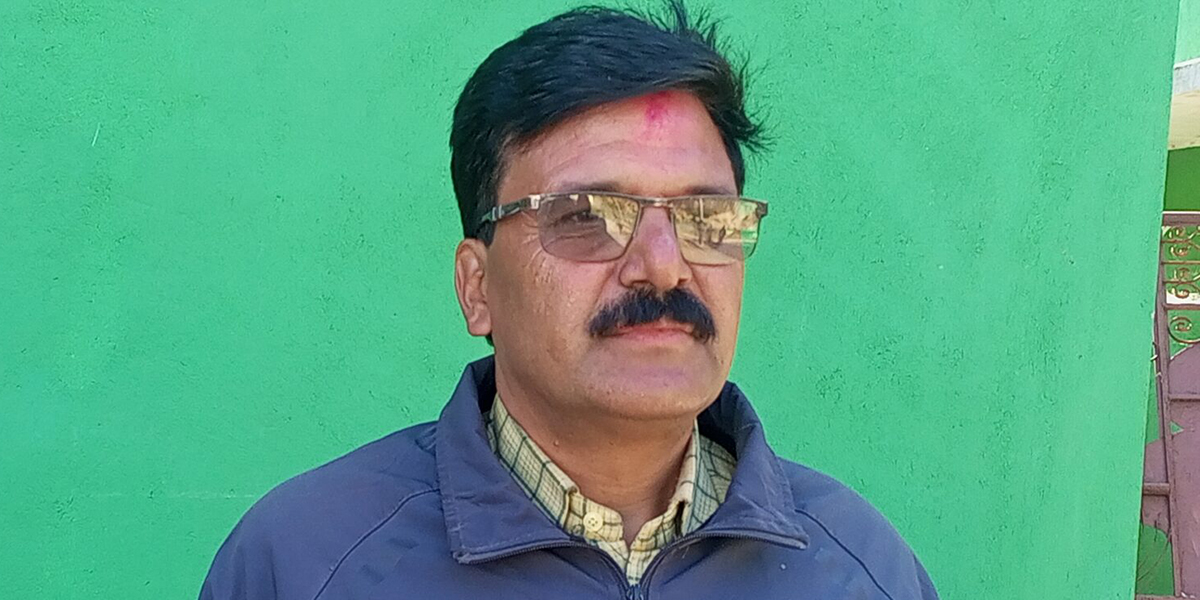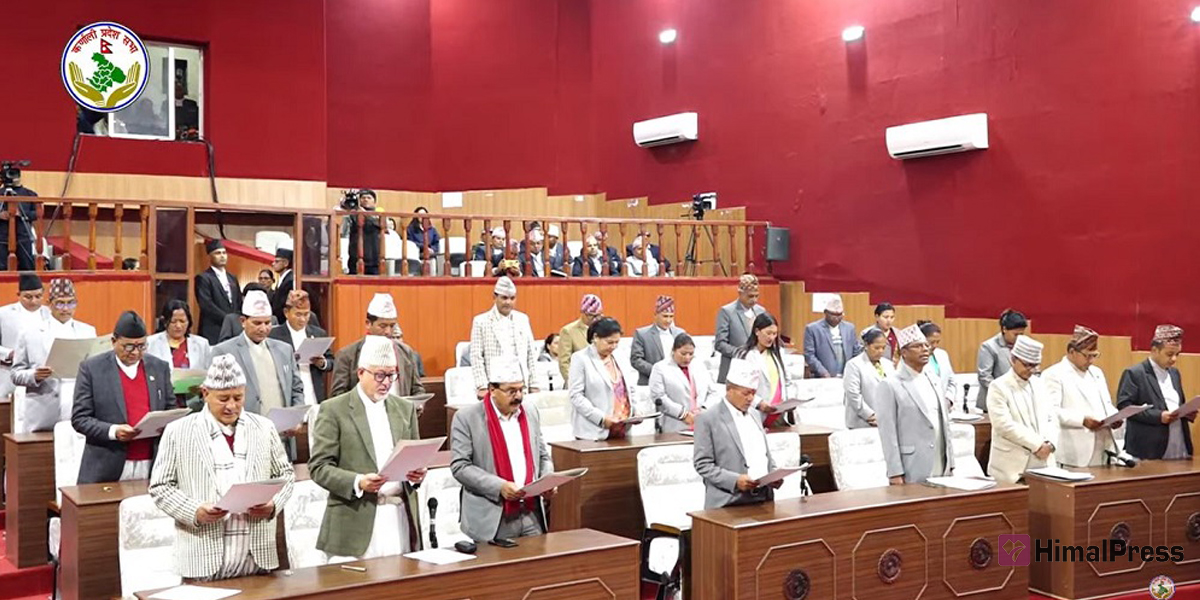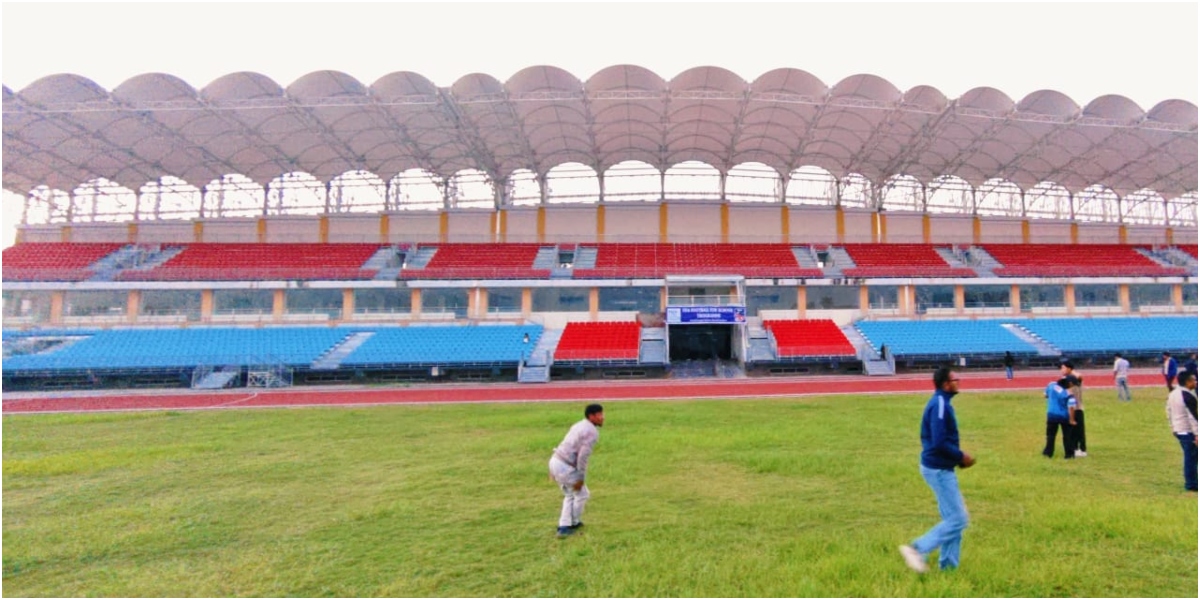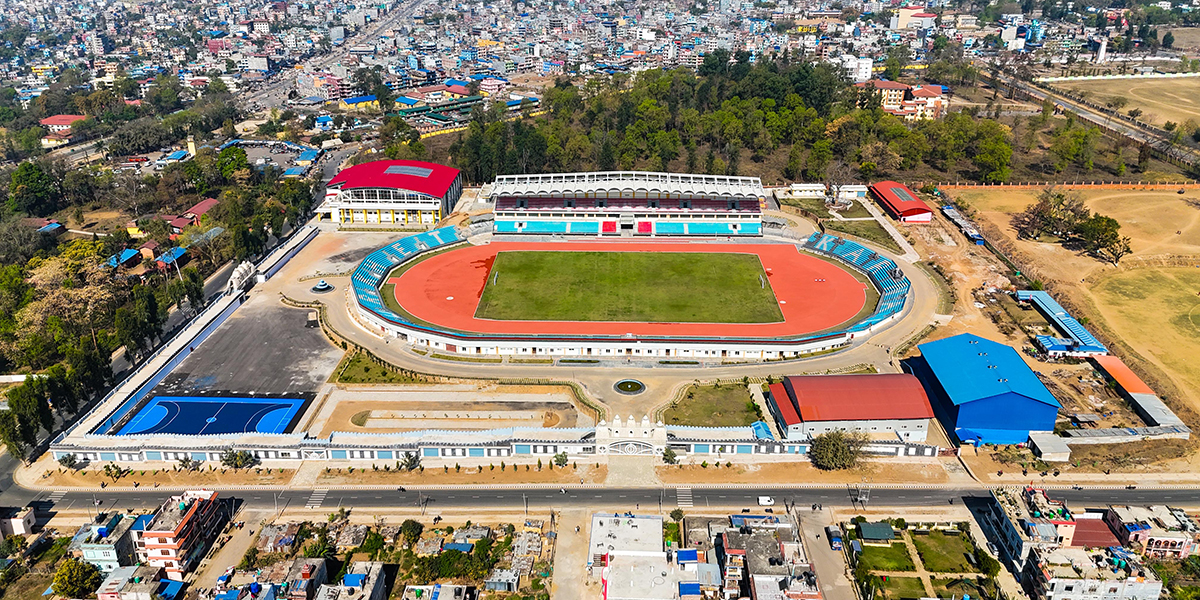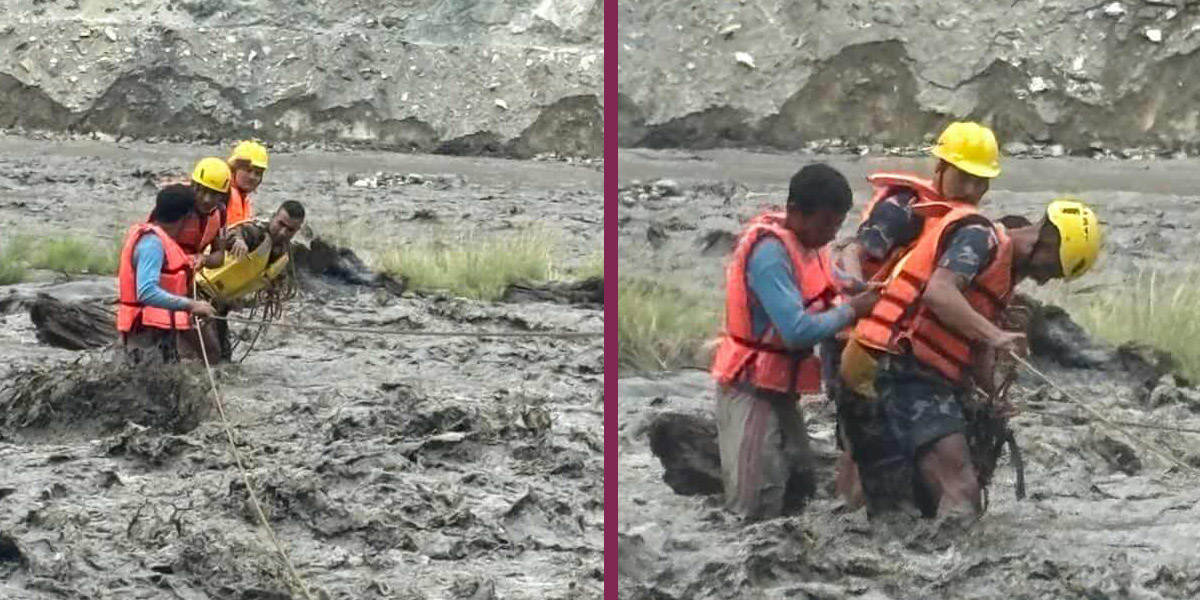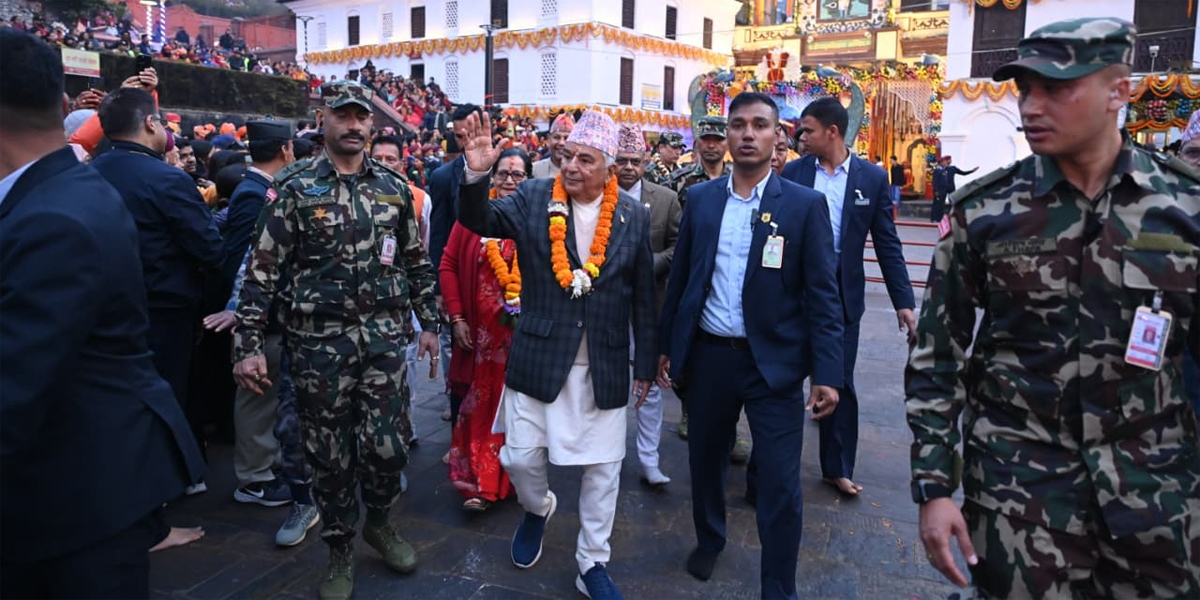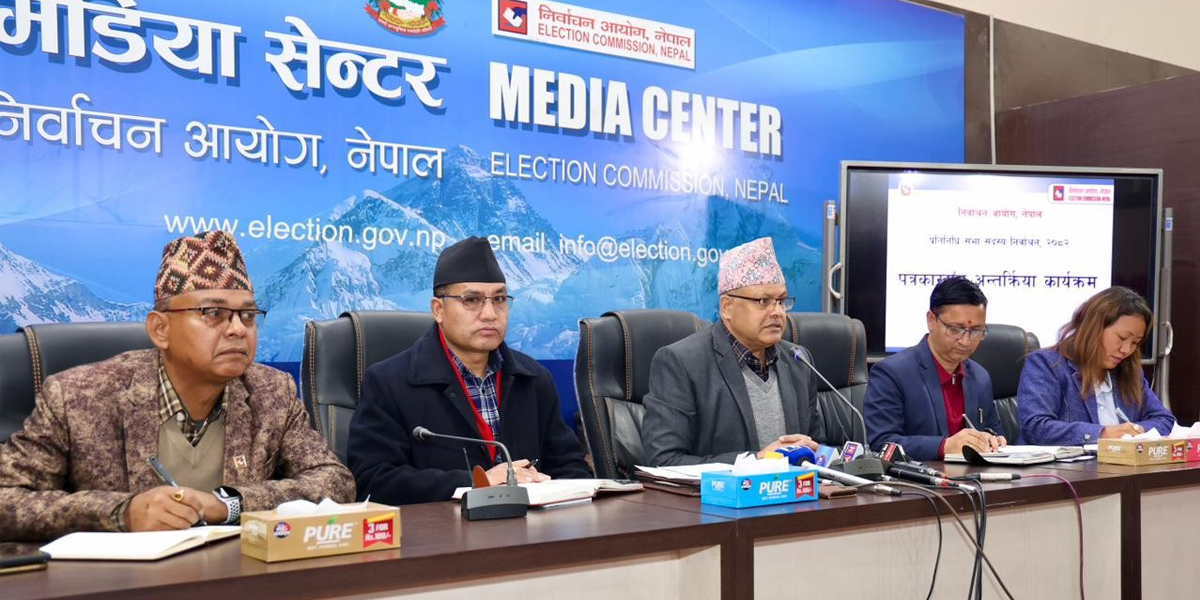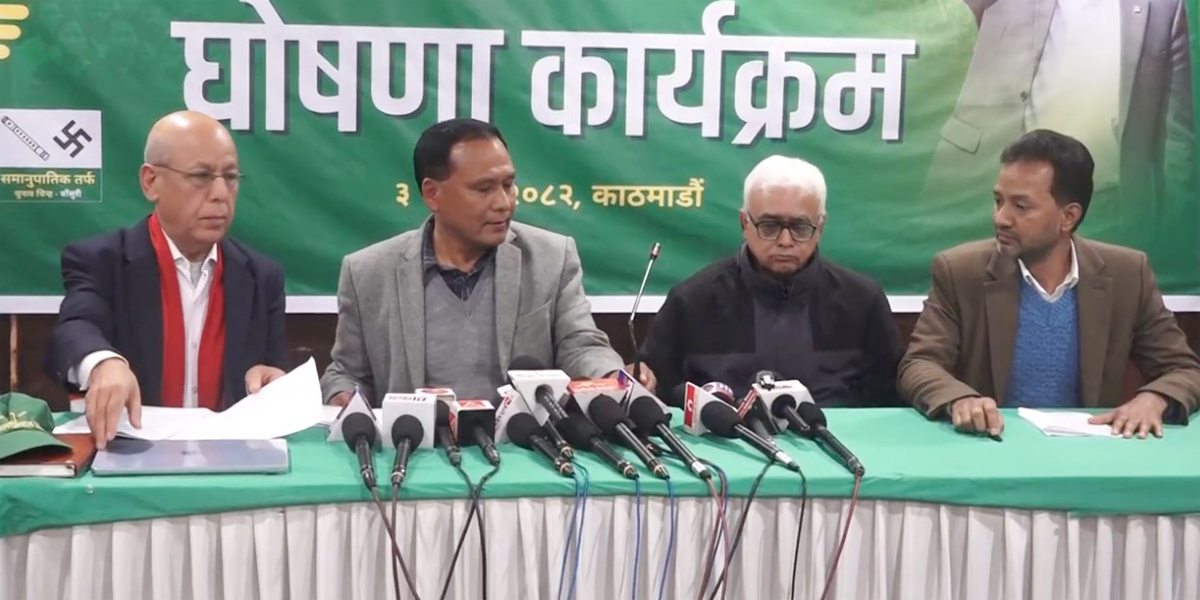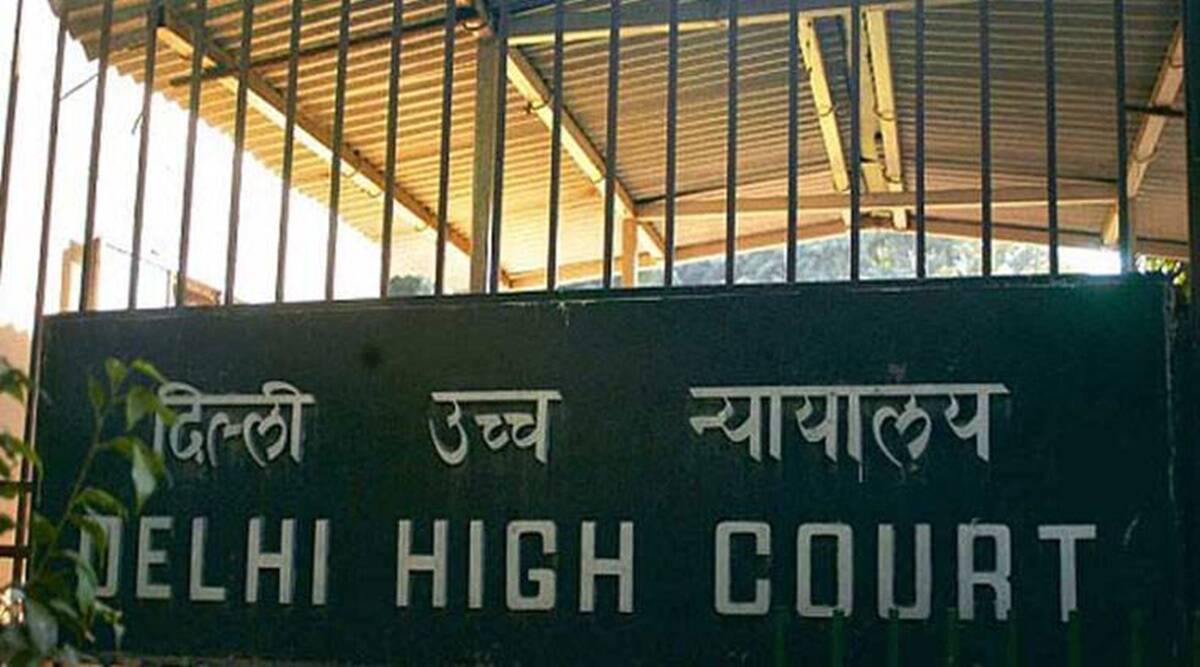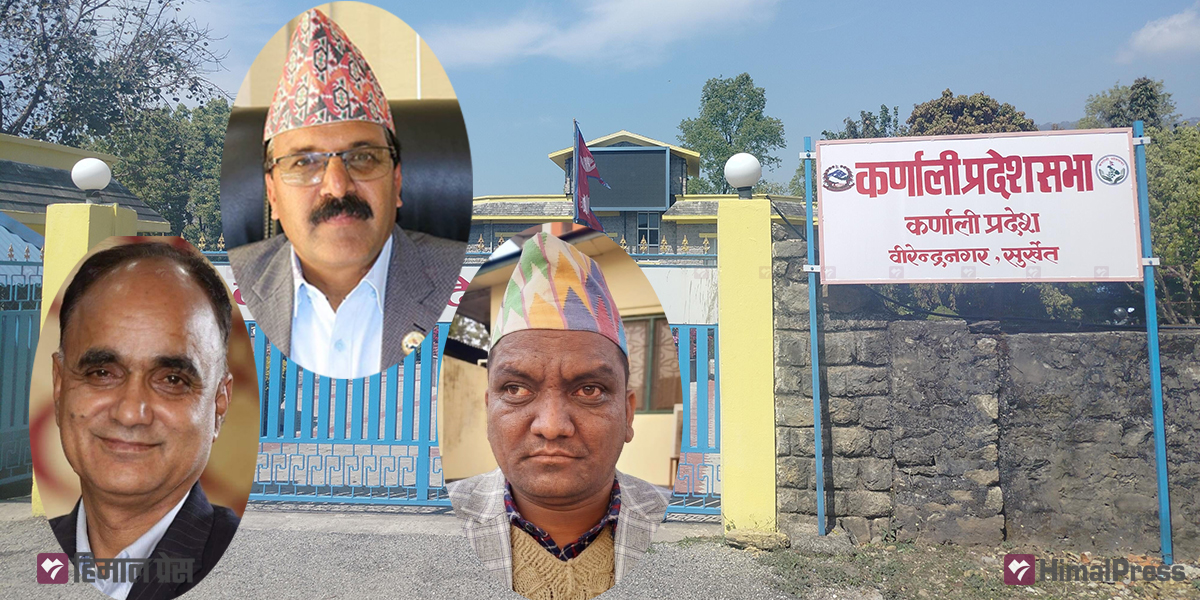
SURKHET: The Karnali Province Government, led by Rajkumar Sharma of CPN (Maoist Center), has completed one year in office.
Sharma was appointed Chief Minister on January 12, 2023, with the support of CPN-UML, Maoist Center, and Rastriya Prajatantra Party (RPP). After a new ruling coalition was formed at the center, UML and RPP exited the government in Karnali, while Nepali Congress (NC) and CPN (Unified Socialist) extended their support to Sharma.
Unveiling the progress report of his government recently, Sharma claimed that his leadership has contributed significantly to the province’s development. The government has counted the passage of four bills and 18 regulations during the year as one of its main achievements. However, two of these bills are brought to implement the budget and are of a regular nature.
The provincial government has passed two Bills – one for the formation of Karnali Provincial Training Academy and the other for the formation of Karnali Provincial Civil Service.
Likewise, Bills related to the Karnali Provincial Police Service, Karnali Province Electricity, and amendments to the Karnali Province Sports Development Act have been forwarded to the subject committee for discussion.
It is natural for opposition parties to express dissatisfaction with the government’s functioning. However, both the ruling coalition partners and the opposition are dissatisfied with the government’s working style and the performance of ministers.
Provincial assembly members argue that political instability, inactivity among provincial assembly members, and the government’s failure to provide sufficient parliamentary business have hindered legislative progress.
Pending bills in thematic committees and the government’s failure to introduce new bills have rendered the provincial assembly without business.
Yamalal Kandel, leader of the UML’s parliamentary party in the provincial assembly, said that the Karnali government is weak and ineffective, as reflected in government data. “Over the past year, the provincial government has not accomplished anything noteworthy,” Kandel said, accusing the coalition government of prioritizing the management of party leaders and cadres over development works.
Kandel said the government has appeared sluggish even though the opposition had extended all possible support in some government projects. “The government, which is discriminating against earthquake survivors, cannot meet people’s expectations,” he said. “This government has failed to instill faith and trust among the people.”
Ghanshyam Bhandari, a provincial assembly member of the ruling NC, also expressed dissatisfaction with the government’s approach. He said that the provincial assembly has not met people’s expectations. “The provincial government is delivering public services but has failed to address people’s hope,” he said. “The provincial government has not fulfilled its promises and lacks seriousness in aligning with people’s wishes.”
According to Bhandari, who also heads the social development committee of the provincial assembly, the assembly members’ lack of commitment to lawmaking has resulted in stalled bills in thematic committees for an extended period.
Pitambar Dhakal, a civil society leader, echoed the sentiment that the performance of the provincial government has fallen short of public expectations. “To meet people’s expectations, the government can bring about improvements in service delivery from the municipal level by bringing necessary laws and regulations,” he said, adding that the province government’s activities are not going beyond road maintenance in certain areas.
Minister of Internal Affairs and Law, Krishna Bahadur GC, however, claimed that the government’s one-year tenure has been effective. He said the government was completing projects inherited from the previous government. “This government has the responsibility of completing 114 multi-year and regular projects,” GC said.
He attributed the perceived lack of progress in development and construction to challenges posed by the earthquake. “While financial progress may be slow, development projects have made significant physical progress,” he said.


